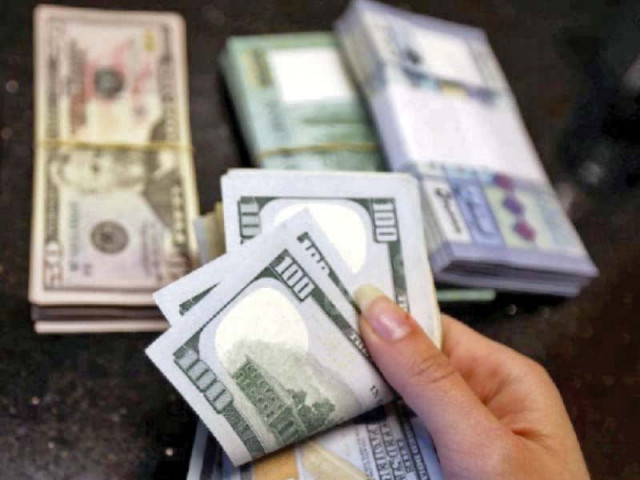Door open to bilateral debt rescheduling
Dar insists Pakistan will make timely payments to commercial, Paris Club lenders

Pakistan said on Monday that it may seek debt rescheduling from the bilateral creditors but again reiterated that timely payments would be made to the commercial and Paris Club lenders in a bid to strike a balance between growing financial needs and maintaining its creditworthiness. “We are okay with the bilateral debt rescheduling,” said Finance Minister Ishaq Dar in a conversation with leading newspapers.
Dar voiced hope that he would be able to bring back economic normalcy in the next six months and would then venture into the international capital markets. But he decided to put off any plan to raise debt through sovereign bonds till that time. Out of over $97 billion in external public debt, the bilateral debt comprised $20.3 billion, or 21%, according to statistics of the Ministry of Economic Affairs. In case, all bilateral creditors agree to roll over their debt, Pakistan will get a breathing space of $2.3 billion in the current fiscal year, which is double than what it could have received from the Paris Club.
During the current fiscal year, out of the maturing bilateral debt of $2.3 billion, Pakistan is scheduled to make payment of over $900 million to China. Out of the total bilateral debt of $20.3 billion, China’s debt amounts to $9.7 billion, or 48%. Sources said that in recent weeks, western capitals had urged Islamabad to seek the rescheduling of Chinese debt. The finance minister clarified that the country would not seek debt rescheduling from the Paris Club and would also make timely payment of commercial loans and sovereign bonds.
He said that when the government could arrange $34 billion, it could also raise another $1.2 billion, an amount that was due to be paid to the Paris Club in the current fiscal year. The International Monetary Fund (IMF) has estimated Pakistan’s gross financing needs at $40 billion, including $6 billion for the foreign exchange reserves. “The cost of Paris Club debt rescheduling is more than its benefits,” remarked Dar while responding to a question. Moody’s credit rating agency last week downgraded Pakistan’s rating to Caa1, which makes the country’s public debt “highly risky”.
However, Dar said that Moody’s did not confront the Ministry of Finance and its credit rating committee unilaterally made the decision, based on certain assumptions including seeking debt rescheduling from the Paris Club. He revealed that the government had shelved a plan to raise debt through Eurobonds in the current fiscal year. “We will go to the capital markets only when our economic fundamentals are strong.” He hoped that he would be able to bring things under control within five to six months.
Pakistan had budgeted $2 billion in debt through the Eurobonds, a sum that it would now seek from the multilateral and bilateral creditors aimed at remaining on track to meet current fiscal year’s target of $34 billion, excluding the amount needed to increase the foreign exchange reserves. The finance minister said that the government would also complete the IMF programme that would end in June next year.
To a question about seeking upfront release of the remaining IMF loan tranches of nearly $3 billion, Dar said that since the prime minister had taken up the issue with the IMF, he would seek the response during his upcoming meetings. Dar will leave for Washington on Tuesday to attend the annual World Bank and IMF meetings where he is expected to meet with officials of the US government, rating agencies and representatives of various governments.
Speaking about the speculation about bond payments, the finance minister denied reports that Pakistan was going to postpone the payments for international bonds. He emphasised that Pakistan would make the payment of $1 billion for the Eurobonds maturing in December this year. Dar said that all payments for the Letters of Credit (LC) of up to $50,000 would be released by next month, which would clear 4,400 applications. He added that LCs for the big-ticket items would be cleared once the inflows improved.



















COMMENTS
Comments are moderated and generally will be posted if they are on-topic and not abusive.
For more information, please see our Comments FAQ